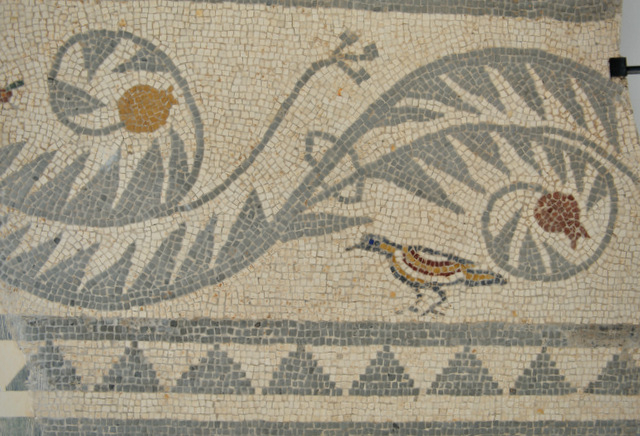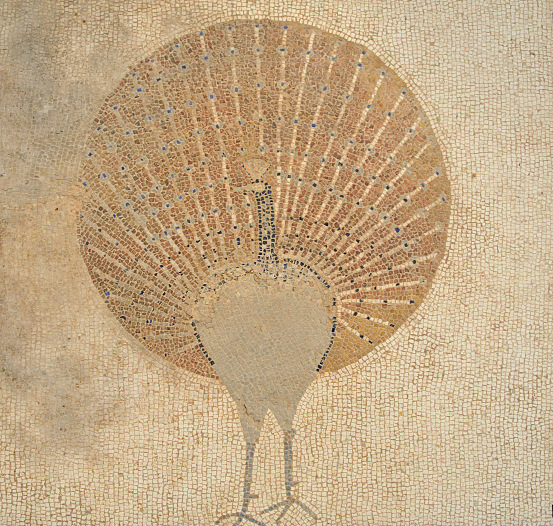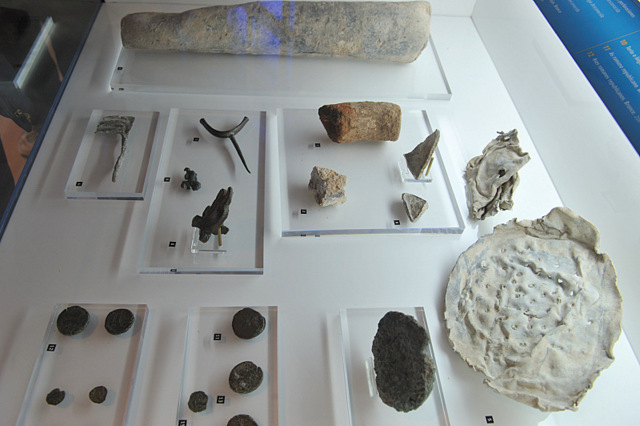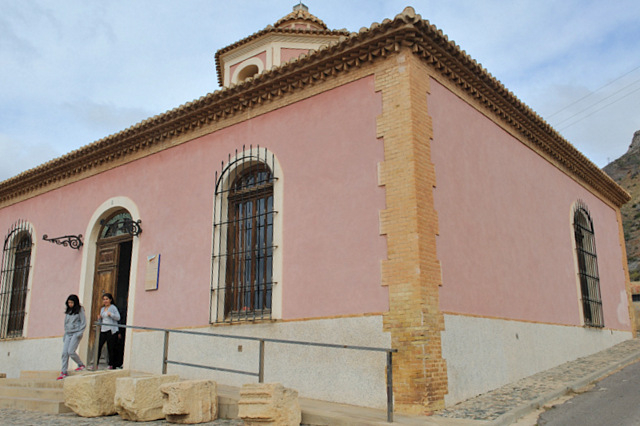

Guidelines for submitting articles to San Pedro del Pinatar Today
Hello, and thank you for choosing San Pedro del Pinatar.Today to publicise your organisation’s info or event.
San Pedro del Pinatar Today is a website set up by Murcia Today specifically for residents of the urbanisation in Southwest Murcia, providing news and information on what’s happening in the local area, which is the largest English-speaking expat area in the Region of Murcia.
When submitting text to be included on San Pedro del Pinatar Today, please abide by the following guidelines so we can upload your article as swiftly as possible:
Send an email to editor@spaintodayonline.com or contact@murciatoday.com
Attach the information in a Word Document or Google Doc
Include all relevant points, including:
Who is the organisation running the event?
Where is it happening?
When?
How much does it cost?
Is it necessary to book beforehand, or can people just show up on the day?
…but try not to exceed 300 words
Also attach a photo to illustrate your article, no more than 100kb

Hospital de la Caridad archaeological museum in Portmán
Museo Arqueológico de Portmán

A former mining hospital is now home to the archaeological discoveries made in Portmán
The building in which the archaeological museum of Portmán is now housed was founded as a hospital in the year 1892 at the behest of José Maestre Pérez. Maestre Pérez was later to be a Minister in the national government and was married the daughter of Miguel Zapata Sáez, popularly known as “El Tío Lobo”, one of the leading businessmen who made their fortunes in the mines of the Sierra Minera.
The hospital is a simple single-storey building at the centre of which is a small chapel, surrounded by various other rooms which were used to treat patients. On the roof is a modest octagonal tower, which is placed over the chapel.

It was following the suggestion of José Maestre that Miguel Zapata provided funds for the construction of a hospital in which to treat those who suffered the numerous accidents in his mines, and the name chosen seems to indicate a determination to emulate the care offered at the Santo y Real Hospital de la Caridad in Cartagena, which was founded in 1699. The hospital, located at the highest point in the town was staffed by the nuns of San Vicente de Paul.
Between 1988 and 1992 the building was renovated, and is now home to the Portmán archaeological  museum, displaying a range of items tracing the history of the La Unión municipality.
museum, displaying a range of items tracing the history of the La Unión municipality.
The earliest items in the museum pertain to the prehistoric settlements discovered at Monte San Joaquín and Cabezo Agudo, taking the format of basic tools and arrowheads.
However, the main body of artifacts relate to the Roman activity which took place in the area from 209 BC to the end of the 5th century AD.
Among the items displayed is part of the 60-square-metre triclinium mosaic discovered at the Roman villa in Huerto del Paturro nearby, which dates from the second or third century AD, and murals from the same site. This is one of the most important Roman villas discovered in the Murcia Region and this mosaic is the largest  yet found.
yet found.
There are many other items left by the Romans who undertook intensive mining activity in the Sierra Minera with as many as 40,000 slaves working in the mines, crushing and smelting the rock to produce lead ingots and silver, used to finance the expansion of the Roman Empire at a time when nearby Cartagena was  growing into a major city.
growing into a major city.
There are also other relics from the Sierra Minera, showing the development of mining techniques over the last twenty centuries.
The museum in the Hospital de la Caridad is situated in Calle Caridad, Portmán and further information about opening times is available from the tourist office in La Unión (telephone 968 541614).The museum is only open intermittently, although will open for groups by prior appointment should they be interested in visiting.
The museum is well worth visiting and the Roman site can be clearly seen from the roadside heading down towards the La Manga Club, La Chapa battery and Portmán lighthouse.
Click for map, Calle Caridad Portmán
